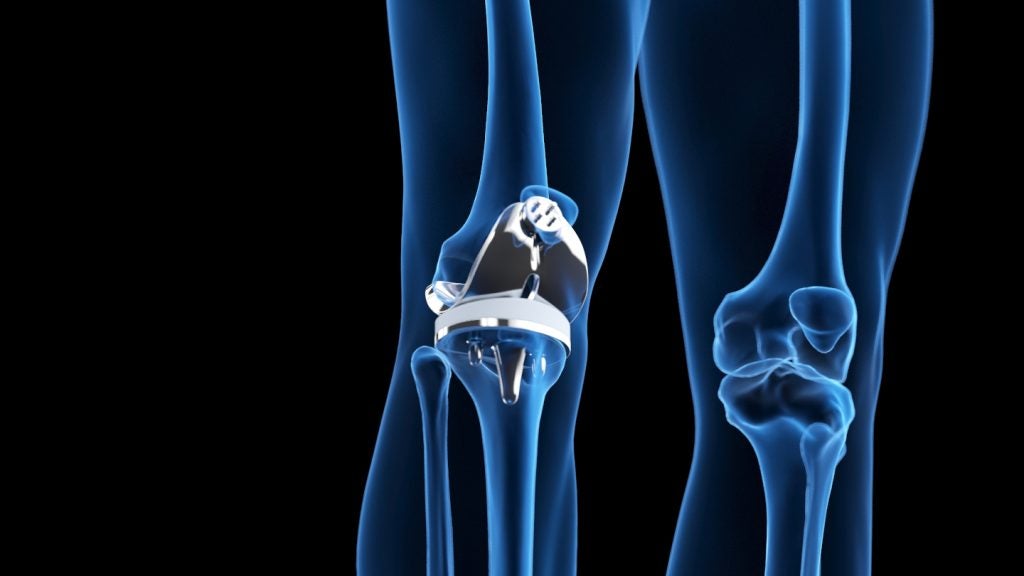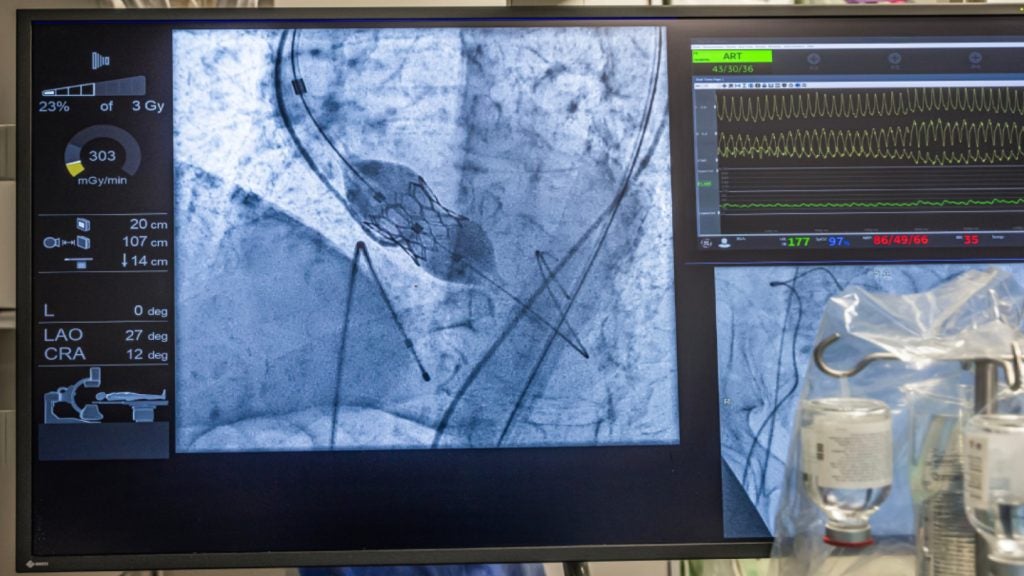Roche has presented new late breaking data from a prospective trial showing that its Elecsys amyloid plasma panel can rule out Alzheimer’s disease with a high negative predictive value (NPV) of 96.2%.
The Elecsys amyloid plasma panel measures phosphorylated Tau (pTau) 181 protein assay and apolipoprotein (APO) E4 assay in human blood plasma. The presence of APOE4 signifies a genetic risk of developing Alzheimer’s, while an elevation in pTau181 occurs during the early stages of the disease.
The prospective, multicentre study enrolled 492 participants across the US and Europe, aged 55-80 years with cognitive decline or memory impairment. The data from the trial was presented at the 17th Clinical Trials in Alzheimer’s Disease Congress (CTAD) taking place from 29 October to 1 November in Madrid, Spain.
The study showed that the Elecsys amyloid plasma panel was 91% sensitive and 69.9% specific in identifying Alzheimer’s. The panel also had a NPV of 96.2% based on a 23.4% prevalence of amyloid positivity according to positron emission tomography (PET) scans.
Roche was quick to note that the test’s performance was “only minimally impacted” by the patients’ age, sex, body mass index or impaired kidney function.
In addition to the Elecsys amyloid plasma panel, Roche is also developing a pTau217 assay in collaboration with Eli Lilly. The company also presented data from a blinded study compared plasma pTau217 levels measured using Elecsys and Fujirebio’s Lumipulse pTau217 assays in samples from a selected subset of patients from the amyloid screening population of the CREAD2 study (NCT03114657).
The study showed that both assays had 90% sensitivity and specificity. Furthermore, for the Elecsys pTau217 assay, 10.2% of samples were in the intermediate zone between the two cutoffs compared with 28.0% with the Lumipulse pTau217 assay.
Whilst a positive amyloid positron emission tomography (PET)/ cerebrospinal fluid (CSF) result is needed to make the final positive amyloid result, both pTau217 assay and Elecsys amyloid plasma panel, if approved, could potentially serve as a screening test for Alzheimer's patients.
Roche also has FDA-cleared Alzheimer’s pathology biomarker assays, Elecsys beta-Amyloid (1-42) CSF II (Abeta42) and Elecsys Total-Tau CSF (tTau) assays, as part of its Elecsys portfolio. These are designed to be used as tTau/Abeta42 ratio to help inform Alzheimer’s diagnosis.
Roche Elecsys’s portfolio also includes a neurofilament light chain (NfL) test for diagnosing multiple sclerosis, an interleukin 6 (IL-6) immunoassay for diagnosing neonatal sepsis, the Elecsys HBeAg quant for diagnosing and monitoring hepatitis B, and Anti-HEV IgM and Elecsys Anti-HEV IgG immunoassays for detecting hepatitis E virus (HEV) infections.
















